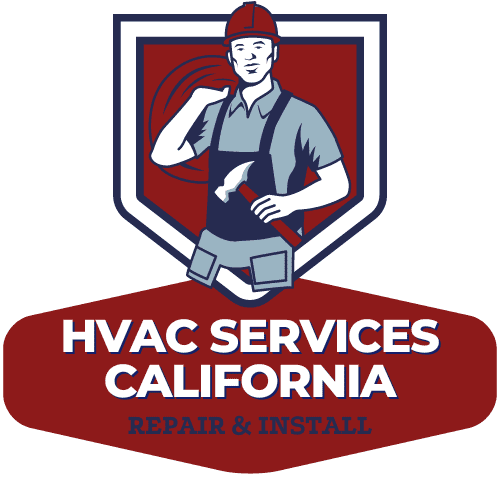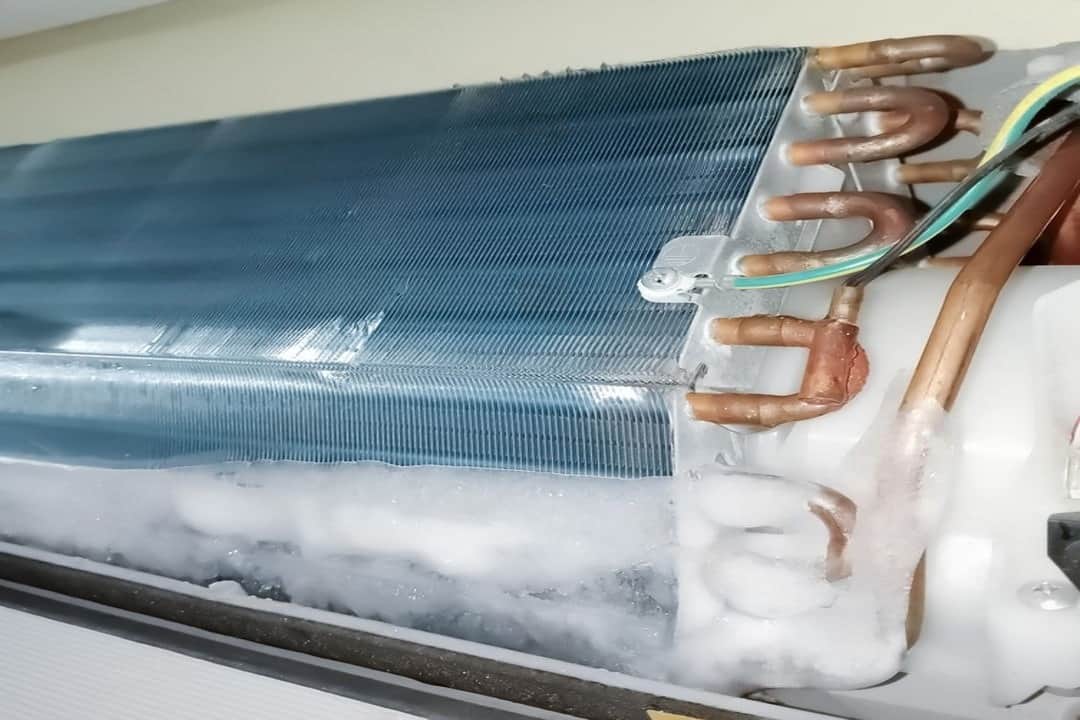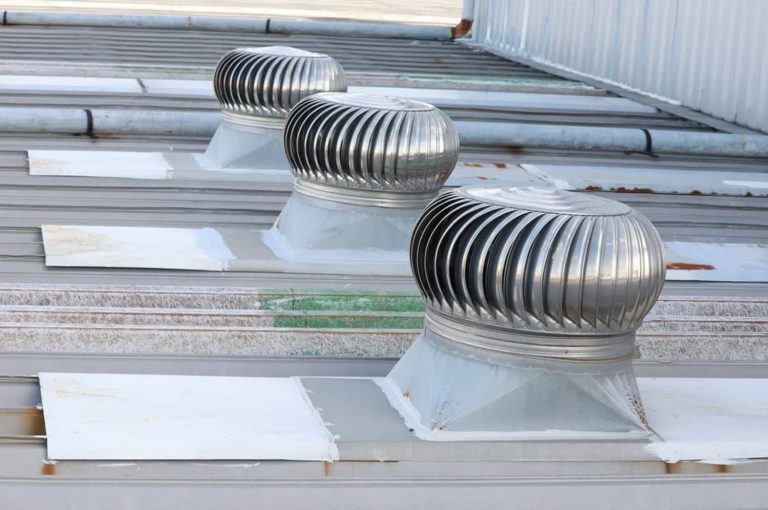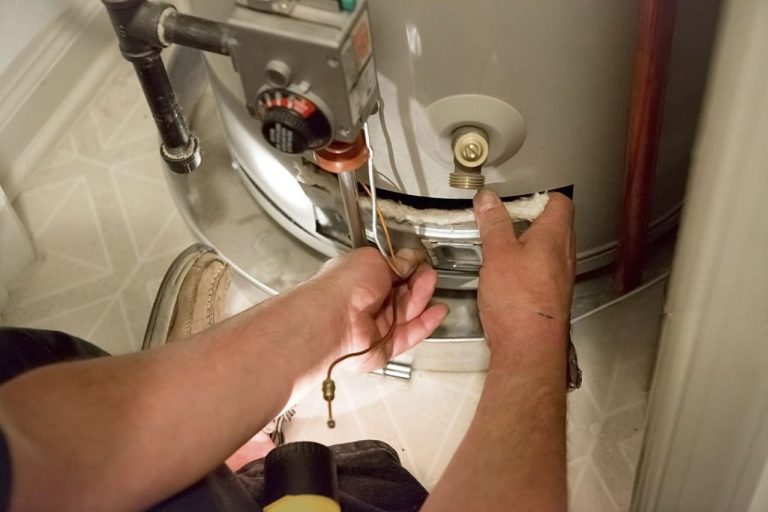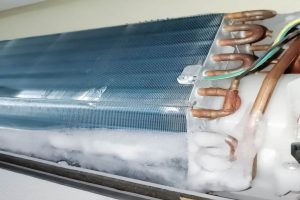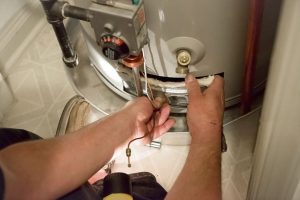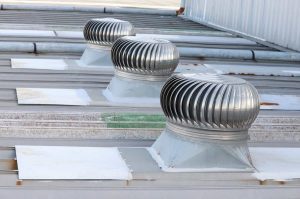Experiencing issues with your AC evaporator coil freezing up can be frustrating, especially during hot weather. This common problem often signals underlying issues that, if left untreated, can lead to more significant and costly repairs.
Let’s Understand why your AC evaporator coil is frozen and how to fix it to keep your system running smoothly and extend its lifespan.
Understanding the Role of the Evaporator Coil
The AC evaporator coil is a crucial part of your HVAC system, responsible for absorbing heat from indoor air. When functioning properly, it keeps your home cool.
However, if the coil becomes frozen, it can no longer absorb heat efficiently, resulting in restricted airflow and higher energy bills.
Common Causes of a Frozen Evaporator Coil
Understanding why AC evaporator coils freeze up is the first step in preventing this issue from recurring. Here are some of the main causes:
Low Refrigerant Levels
Low refrigerant levels can reduce the pressure within the system, causing the evaporator coil to become too cold and eventually freeze up. Refrigerant leaks are often the culprit and should be addressed by a licensed technician.
Dirty Air Filters
A clogged air filter restricts airflow, which can cause the evaporator coil to become too cold and start to freeze. Regularly checking and replacing air filters can prevent this issue.
Blocked Vents or Registers
Blocked vents hinder proper airflow, causing the coil to overwork and freeze. Ensure your vents and registers are open and unblocked to promote sufficient airflow.
Faulty Thermostats or Settings
Setting your thermostat too low or dealing with a malfunctioning thermostat can also lead to a frozen evaporator coil. Be mindful of appropriate thermostat settings to avoid overcooling.
Mechanical Issues
A malfunctioning blower fan or damaged fan belts can reduce airflow, leading to AC coil freezing. Regular HVAC maintenance checks can help catch these issues early.
Signs of a Frozen AC Coil
Identifying the signs of a frozen AC coil can help you address the issue quickly:
• Visible ice buildup on the coil or refrigerant lines.
• Decreased cooling performance.
• Increased energy bills.
• Condensation or water leakage near the AC unit.
How to Fix a Frozen AC Evaporator Coil
If you notice your AC evaporator coil is frozen, there are steps you can take before calling a professional. Here’s how to handle it:
Step 1: Turn Off the AC Unit
Switch off the AC unit immediately to prevent further damage. Running the system with a frozen coil can damage the compressor.
Step 2: Allow the Coil to Thaw
Give the coil several hours to thaw completely. This might take 1-3 hours depending on the severity of the freeze.
Step 3: Check the Air Filter and Vents
Inspect and replace any dirty air filters, and make sure your vents are unobstructed. Improved airflow can prevent the coil from freezing again.
Step 4: Adjust Thermostat Settings
Ensure the thermostat is set to an appropriate temperature, and avoid setting it too low, especially during cooler days.
Step 5: Contact an HVAC Technician
If the problem persists, it might be best to call a professional HVAC technician. They can inspect for refrigerant leaks, clean the evaporator coil, and perform other necessary repairs to get your system back to optimal working order.
Preventative Measures to Avoid Frozen Coils
Preventative maintenance is key to avoiding costly repairs and keeping your system running efficiently. Here’s how you can prevent AC coil freezing in the future:
Schedule Regular Maintenance: Have your HVAC system inspected at least once a year.
Replace Filters : Clean or replace filters every 1-3 months.
Monitor Refrigerant Levels: Low refrigerant is a major cause of frozen coils, so regular checks are essential.
Keep Vents Clear: Ensure all vents and registers are open and unblocked.
When to Call for Professional Help
While DIY fixes can be helpful, there are times when professional intervention is necessary. If your AC coil continues to freeze after basic troubleshooting, contact an HVAC professional . A trained technician can address underlying issues, perform complex repairs, and provide long-term solutions.
A frozen AC evaporator coil is a common problem that can be managed with a combination of regular maintenance and proper usage.
By recognizing the signs early and addressing the root causes, you can prevent costly breakdowns and ensure your home stays comfortable year-round.
By following these tips, you can resolve common issues with frozen AC coils and keep your system working efficiently for years to come.
